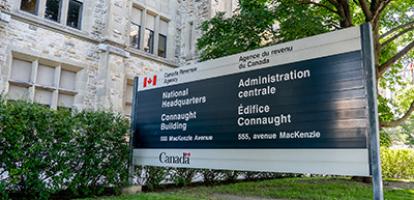From: Robert Mysicka
To: Hon. Christy Clark, Premier of British Columbia
Date: July 26, 2016
Re: Regulate This! Realtors Will Lose Privilege of Self-Regulation in B.C
The cost of real estate is a hot topic issue for would-be homeowners in Canada. Vancouver and Toronto are now topping the list of unaffordability with average house prices in May, 2016 over $1 million and $750,000 respectively. In British Columbia, theories about the stratospheric rise in house prices have pointed blame at foreign speculators, the so-called “shadow flipping” or assignment sales system, and unscrupulous real estate brokerages engaging in unethical or fraudulent practices. All of these practices likely have some price inflating influence, however, a broader, systemic factor is the legal and regulatory regime governing the actors involved in real estate transactions, many of whom are self-regulated.
This appears to now be changing with the B.C. government announcing that it will wrestle control from a self-regulated organization (SRO) at the heart of the real estate market in the province: the Real Estate Council of British Columbia (RECBC). Last week, in the wake of a report by the Independent Advisory Group (IAG), Premier Christy Clark declared that the “privilege of self-regulation in the real estate industry must end” and that the authority for rule-making and penalties would be transferred from the RECBC to a government appointed superintendent of real estate.
The B.C. government’s decision is a step in the right direction. In a recent C.D. Howe Commentary Who Watches the Watchmen: The Role of the Self-Regulator, I examined the increasing trend towards self-regulation in Canada and the problem it creates for the public generally and consumers of legal, accounting, real estate and insurance brokerage services in particular. One of the principal conclusions in the Commentary is that industries should not be granted self-regulatory powers without some constraints against self-interested and anti-competitive behaviour. The Commentary’s focus on Ontario real estate brokers is relevant to the issues at play in B.C. – without checks and balances from government, SROs can and often do make decisions that reduce competition.
An important change from increased government control in B.C. is an end to so-called “dual agency” where a single realtor is permitted to represent both buyer and seller. One of the key recommendations in the Commentary is that protection of the public interest requires maintaining a strong trust or fiduciary relationship between a professional and their client. This can be accomplished with greater transparency in SRO rule-making and a minimum level of government oversight to ensure that the public interest is protected. The decision to end dual agency is consistent with a regulatory regime that aims to reduce self-interested conduct by realtors.
The decision by the B.C. government to rein in self-regulation will likely benefit consumers whose interests have been subordinated to an SRO culture where self-dealing and lax enforcement of misconduct has become the norm. The IAG report concludes that “each member of a self-regulating industry needs to be part of the compliance regime and report misconduct promptly”. This echoes our call for greater monitoring and accountability for SROs not just in real estate but in other professional service sectors in Canada.
Robert Mysicka is a member of the Bar of Ontario and a commercial litigation lawyer practicing in Ottawa and Toronto.
To send a comment or leave feedback, email us at blog@cdhowe.org.





